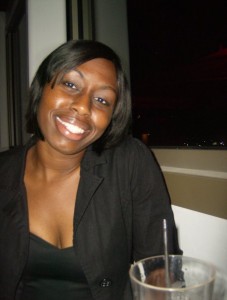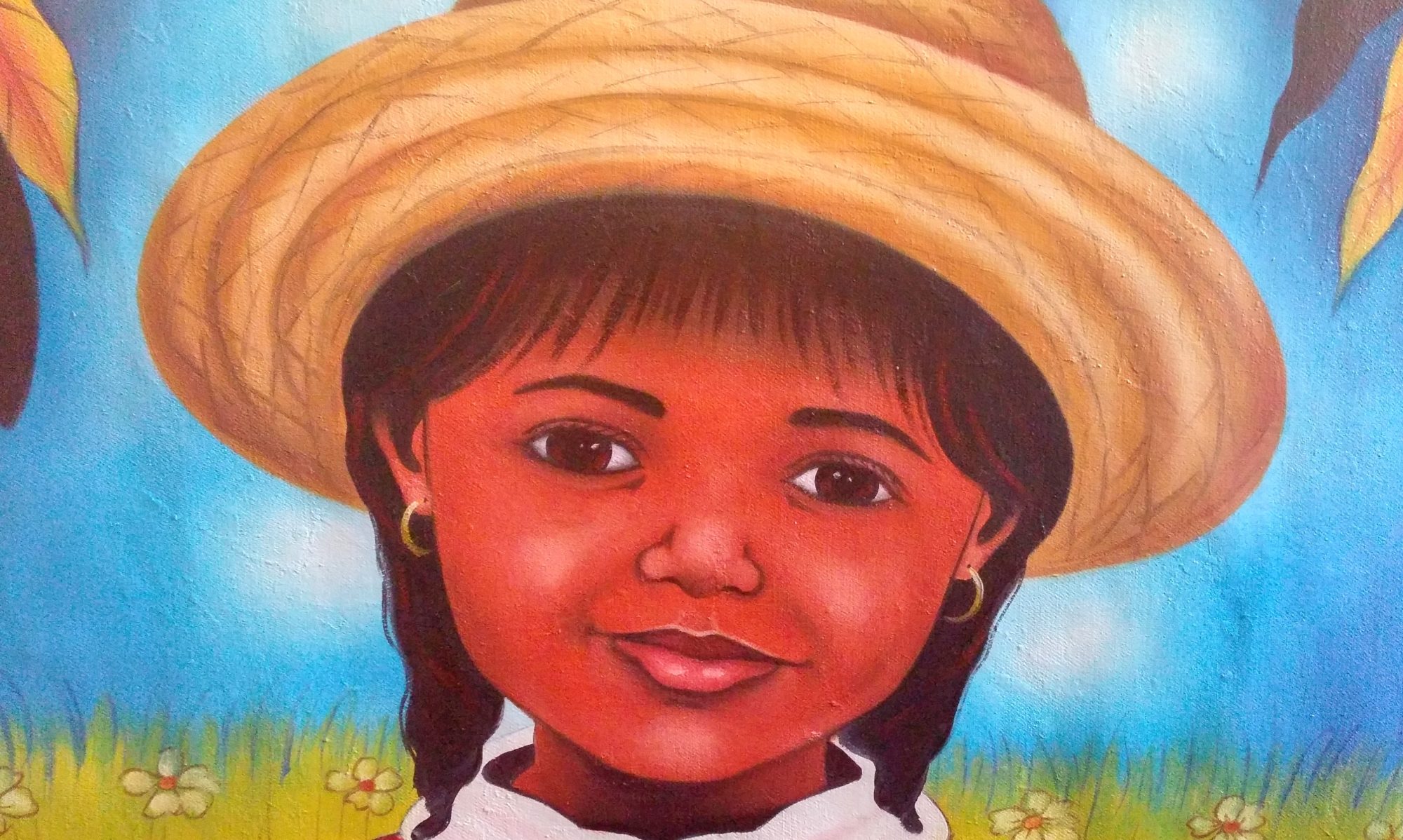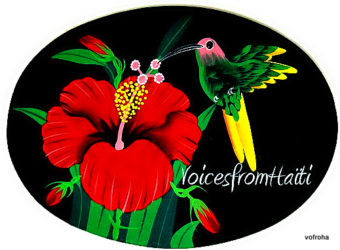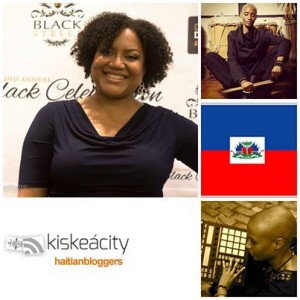 When I was younger, I went through a phase where I would proudly declare that I was “American.” My father would pin me with his steely eyes and say, “You’re Haitian-American”; those two words have haunted me ever since.
When I was younger, I went through a phase where I would proudly declare that I was “American.” My father would pin me with his steely eyes and say, “You’re Haitian-American”; those two words have haunted me ever since.
For the past twenty-eight years, I have attempted to meld the two cultures in a way that is authentic. What exactly does it mean to be Haitian-American? In my mind, someone who goes by the label should have a firm grasp of both cultures; however, this was not the case for me.
I grew up in a culturally diverse area north of Manhattan where a large percentage of Haitians resided. I attended a large church where services were held in French and Kreyòl. My parents kept the radio on two stations: Family Radio and the local Haitian station. My father was determined that we become well-versed in every detail of Haitian history. I recall evenings when he would park himself in front of my friends’ houses as he finished lengthy lectures on history and politics . . .
Despite all this, I still struggled to master Kreyòl with a fluent tongue. Instead, I spoke with a hesitant and clumsy one, throwing in phrases of English where my grasp of my parents’ native tongue fell short.
From a very young age, I was thrust in the middle of two worlds. I learned quickly that I was the English ambassador for my non-fluent-English speaking parents. They would look to my siblings and me to translate important documents, or make their needs known to the moun blan. At the same time, I was ordered to speak Kreyòl when I met any church elders or distant relatives. When I uttered the obligatory “Kijan ou ye,” I was immediately ridiculed. I did not speak the language like a native.
Somehow, I existed with my dual roles. Many of my friends were also Haitian-American and we exchanged Kreyòl phrases like we used to pass sexy urban paperbacks in high school. This was also when I learned how to talk about people, in front of their face. Being bi-lingual had its benefits.
Although I suffered mild derision from native Haitians, it was nothing compared to what I experienced as a young adult. I could take their gentle ribbing or calling me “Blan” whenever I ventured to hold a conversation in Kreyòl. In turn, I would poke fun at their heavy accents or mispronunciation of English words. Rather, it was the natives who verbally stripped me of my heritage that really upset me.
I worked in a large inner city hospital where I had the opportunity to evaluate an elderly Haitian woman who only spoke Kreyòl and understood French. I was able to hold a conversation with her in Kreyòl; other than a few verbal stumbles on my part, we understood each other fine.
Another member of the hospital staff, who was also Haitian, heard that I was conducting the evaluation and doubted my authenticity. After leaving the patient’s room, she feigned a conversation with me about the patient’s status. Little did I know she was silently judging every word that left my mouth. At the end of our conversation she declared, “I give you a C. You speak Kreyòl like my daughters.”
That was the last time I spoke with her in our shared tongue.
I had another patient who was Haitian and, of course, there were no translators present. The woman was overjoyed to encounter someone who could speak her native language. When I looked in her eyes, I saw only gratitude, not judgment. Once again, I was the ambassador.
As soon as the hospital staff heard that I could speak Kreyòl, I became a translator. Suddenly, it did not matter how well I spoke he language, it was just important that I could. It was one of the few times I didn’t feel inadequate as a Haitian-American and it made me realize that despite all of my shortcomings, there was a place for me.
I do not know what a Haitian-American is supposed to look like. Am I an American who can trace her roots back to Haiti? Or am I a Haitian girl living in America? Maybe this is it. Maybe it is a woman who has her feet firmly planted in two worlds. Somewhat imperfectly, but in some twisted way, it works.

“Haitian-American: Planted in Two Worlds” was written by Brenda Prince Fadeyibi.
She is a New York City based Occupational Therapist by day and aspiring author by night. She also maintains a personal blog: cakeandeggs.com, where she chronicles everything from daily life experiences to reviews of her favorite books. You can also follow her on twitter @cakeandeggs.



